OUR CHIROPRACTORS AT CHIROPRACTIC PARTNERS
PROVIDE PAIN RELIEF FOR BACK & NECK PAIN, HEADACHES, SCIATICA, INJURIES AND MORE!
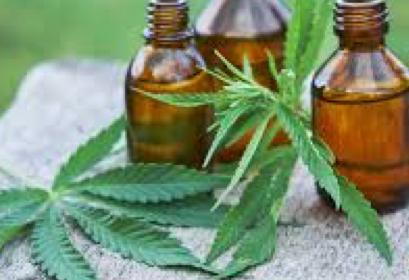
- posted: Nov. 07, 2019
What is CBD anyways?
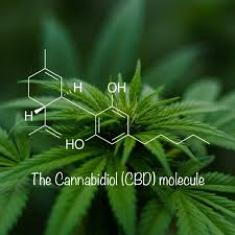
CBD is an abbreviation for the word “cannabinoid” which is just a fancy word meaning “part of the cannabis plant”. It’s the second most common cannabinoid in the cannabis plant, behind tetrahydrocannabinol (also known as “THC”, a psychoactive compound). CBD, by necessity is the NON-psychoactive portion of the plant so you don’t have to worry about any funny business after taking CBD.
Because of the lack of mind-altering effects, CBD is almost entirely used medicinally rather than recreationally. This also leads to the question of legality, which we’ll get to later on. CBD is generally used in two different forms: topical and oral. Oral is generally the most common form used. It’s put in oil form (so the amount of CBD and a form of suspension) and kept in small droplet bottles; almost like eyedrops or vanilla extract. Liquid CBD is most commonly administered by placing a few droplets under your tongue.
Topical CBD is usually in the form of a cream and used just like other topic pain relief ointments like Blue Emu.
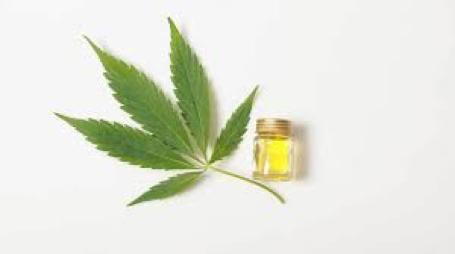
It’s important to note the different kinds of oral CBD supplements. There are many different names that they go by, and the actual content may surprise you:
Hemp Seed Oil- This is simply cold-pressed hemp seeds. It doesn’t contain any CBD or THC, so if CBD is what you’re looking for, do not purchase this.
Full Spectrum CBD- This is the entire plant. CBD, THC, all of it. THC is limited to a certain amount depending on each state’s legal limits. If you don’t want to ingest any THC, this is not the best option for you.
Broad Spectrum CBD- The entire plant WITHOUT THC. Broad spectrum is the most popular form of CBD supplementation.
Isolate- Just the CBD, no other compounds or chemicals.
Nano CBD- Essentially, super shrunken CBD molecules. This allows the CBD molecules to pass through the skin more quickly. This is the type of CBD that’s used in topical ointments.
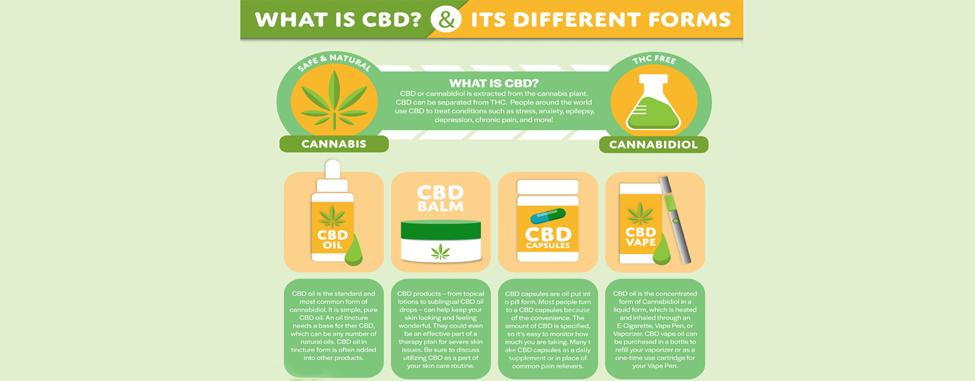
What Does it Do?
Since the explosion in popularity in 2018, CBD fans have touted its benefits on everything from anxiety, to joint pain, depression, and even sleep disorders. If you were to ask 100 CBD users what it’s good for, you’ll get 100 different answers. Taking the most conservative approach, based on the best available research, the ruling is that it’s POSSIBLE the CBD will help. The only reason for hesitation is that almost all the studies done so far have been animal studies. The studies are very promising, but there’s no guarantee that you and a mouse will have the same effect at a comparable dosage. However, it’s looking good.
What we do know for sure is the effectiveness of CBD in treating two rare forms of epilepsy (1). In fact, probably the single biggest catalyst for the public outcry in favor of CBD are all the videos of a few drops of CBD under the tongue ceases the painful writhing of a small child, mid-seizure. Here’s an example below:
https://www.youtube.com/watch?v=0uZ-VtpDan0
Given its success with seizures, researchers knew there had to be some more underlying effects, for better or worse.
How does it work?
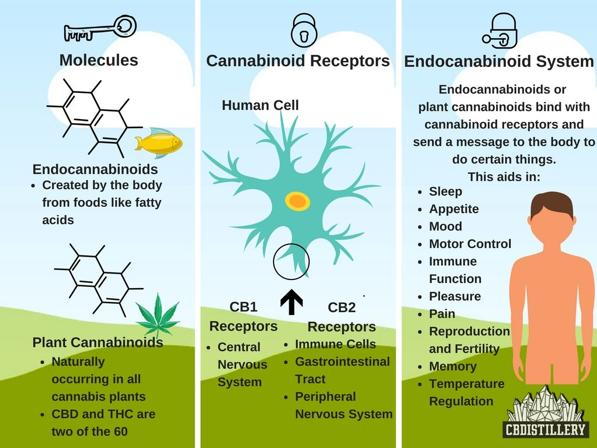
This is where things get a bit complicated and equally as interesting. It’s a lot to wrap my brain around, but I’ll do my best to guide us safely through these murky waters. *My apologies in advance for any real endocrinologists or physiologists that may stumble upon this*.
For simplicity, when we say “system” let’s think of a series of receptors for specific molecules. Your body actually has a relatively small amount of signaling transmitter chemicals (dopamine and serotonin, norepinephrine and acetylcholine, GABA and glutamate, etc) that act on a wide variety of different receptors. This is how the release of one transmitter can affect different parts of the body in different ways. For example, the “fight or flight” sympathetic response to stress is largely orchestrated by the initial release of norepinephrine, a single molecule. However, norepinephrine attaches to many different receptors on many different organs, causing a wide range of reactions. One molecule, many receptors, many responses. This is why so many medications have odd and unwanted side effects; it’s very tough to nail down one set of receptors without any spill over.
Given this understanding, we can now properly frame the endocannabinoid system as a series of receptors that are specifically activated by cannabinoids (CBD, THC, and some others). It’s the activation of this system that initiates the cascade of proposed beneficial physiological effects on things like inflammation and anxiety.
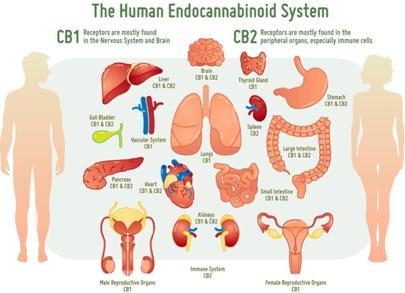
Some of you caught this: YES, your body actually has receptors specifically for compounds that are biologically identical cannabinoids. Your body makes endogenous cannabinoids that do the same thing as CBD and THC. Scientists weren’t even truly aware of this until the early 1990’s, which is why the therapeutic effects of modulating the endocannabinoid system is still in its infancy.
Is it legal?
If you thought learning endocrinology was complicated, may I introduce you to the U.S. legal system and F.D.A. regulatory system and its conflictions with federal vs. state laws? Even though the differences between cannabis, hemp, marijuana, THC, and CBD have all been teased out there is still great variance between the legal status of each of these compounds in different states.:
-11 states have legalized cannabis in all forms and for all uses.
-33 states have approved it for medical use.
-15 states (including the Virgin Islands) have decriminalized it.
-Some states where it is approved for medical use are decriminalized, while others are still illegal.
- Some states have medically-approved marijuana, but have imposed a limit on THC content.
-Three states prohibit it for any use at all, but one of them has decriminalized it. While it’s still illegal. So yes, in Nebraska it’s illegal to have it, but if you get caught with it you won’t be charged for it… Go Huskers!
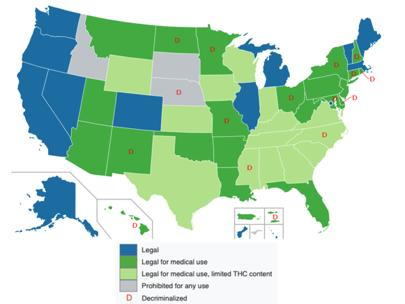
I say all of that to give you an idea of how convoluted it can be, and also because that was easier than trying to break down the CBD laws. Believe it or not, CBD laws are even MORE confusing than cannabis laws, and don’t even get me started on buying from other states or countries.
The Farm Act legalized hemp products in 2018 making it the first big federal move in favor of all hemp products. However, the FDA stated soon after that CBD could not be sold as a supplement without FDA approval. These stipulations mandated that all hemp be made by a licensed grower. However, what constitutes a “licensed grower” varies state by state, which are also different from what the DEA recognizes.
So where does that leave us? Yeah, I don’t know either.
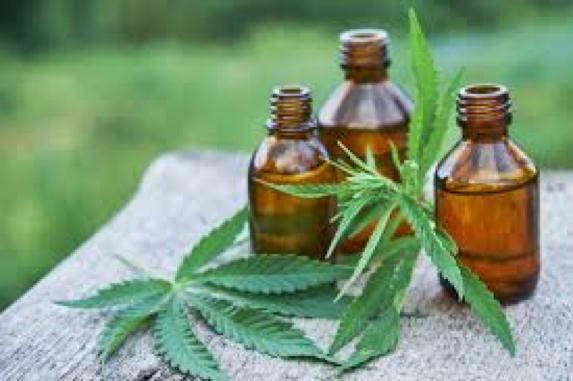
Where To Get It?
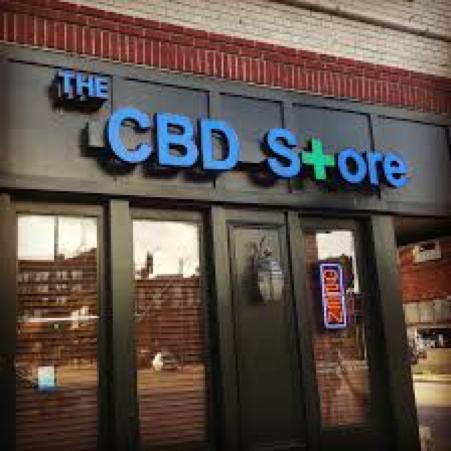
Given all that we know there are a few recommendations that we can make if you’re interested in purchasing CBD:
If it’s advertised as a supplement- This certainly raises the likelihood that you’re safe legally, and that you’re getting the real thingIf the company is from a legal state- States where the entire hemp product is legal to insure a quality product. Legal states have to meet state-imposed quality regulations, guaranteeing and safer product for the consumer, whereas companies in non-legal states aren’t under such oversight.Reputation- As with any company in any field, having a good reputation is a great sign. While Chiropractic Partners isn’t in a position to officially recommend a specific product, we highly recommend companies that meet all the above-mentioned criteria.
In Conclusion
There are some really promising research-based benefits of CBD headed our way. All medications and supplements are first tested on animals in some form or another before they’re deemed safe for human trials. That’s the nature of the beast (pun intended), so for the hard nay-sayers, we caution jumping the gun. The same could be said for the folks that think CBD is a “cure all’” or a “miracle drug”
Always consult with your primary care physician before taking any form of supplement. There are some known complications with CBD interacting with prescription medication, notably blood thinning agents. If you’re pregnant or breastfeeding, we do not recommend taking CBD products at this time.
As evidence-based practitioners, we do our best to withhold judgment until research clearly points in one way or another. That being said, as clinicians (meaning we are doctors who treat patients, not doctors in a lab) we cannot ignore the vast amount of personal testimony for the benefits of this product. Patient preference and experience does play an important role in our decision making. CBD products are NOT for everyone, but we see no harm in trying CBD products from a reputable vendor. The safety of CBD is already heads and tails above the potential harm of other pain management substances (do we need to bring up the Opioid Crisis?).
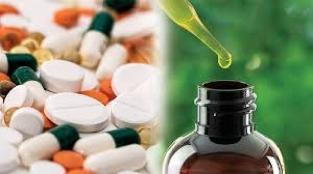
At Chiropractic Partners, we do our level best to stay up to date on all the latest discoveries, practices, and all things health related. We have 11 offices and 17 world class chiropractors ready to help you and your loved ones face any injury or ailment to the best of our abilities. Many of our offices utilize many different therapies outside of the adjustment. These include traction, decompression, muscle stim, corrective exercise, acupuncture, and medical massage. Come see why NC State University Athletics uses us!
Written by Dr. Michael Woodbury at our North Raleigh Chiropractic Partners office
References:
Chen, J. W., Borgelt, L. M., & Blackmer, A. B. (2019, June). Cannabidiol: A New Hope for Patients With Dravet or Lennox-Gastaut Syndromes. Retrieved from https://www.ncbi.nlm.nih.gov/pubmed/30616356.
Corroon, J., & Phillips, J. A. (2018, July 1). A Cross-Sectional Study of Cannabidiol Users. Retrieved from https://www.ncbi.nlm.nih.gov/pubmed/30014038.
de Mello Schier, A. R., de Oliveira Ribeiro, N. P., Coutinho, D. S., Machado, S., Arias-Carrión, O., Crippa, J. A., … Silva, A. C. (2014). Antidepressant-like and anxiolytic-like effects of cannabidiol: a chemical compound of Cannabis sativa. Retrieved from https://www.ncbi.nlm.nih.gov/pubmed/24923339.
Philpott, H. T., OʼBrien, M., & McDougall, J. J. (2017, December). Attenuation of early phase inflammation by cannabidiol prevents pain and nerve damage in rat osteoarthritis. Retrieved from https://www.ncbi.nlm.nih.gov/pubmed/28885454.
de Mello Schier, A. R., de Oliveira Ribeiro, N. P., Coutinho, D. S., Machado, S., Arias-Carrión, O., Crippa, J. A., … Silva, A. C. (2014). Antidepressant-like and anxiolytic-like effects of cannabidiol: a chemical compound of Cannabis sativa. Retrieved from https://www.ncbi.nlm.nih.gov/pubmed/24923339.
de Mello Schier, A. R., de Oliveira Ribeiro, N. P., Coutinho, D. S., Machado, S., Arias-Carrión, O., Crippa, J. A., … Silva, A. C. (2014). Antidepressant-like and anxiolytic-like effects of cannabidiol: a chemical compound of Cannabis sativa. Retrieved from https://www.ncbi.nlm.nih.gov/pubmed/24923339.

